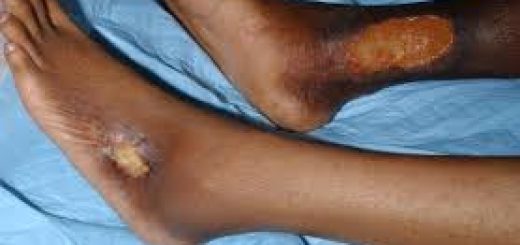SPLENIC SEQUESTRATION
Sickle cell disease is a lifelong condition, but you can take steps to stay healthy and lower the chances of having a crisis or complication.
Sickle cell disease affects the spleen, which helps with the immune system. As a result, those with SCD have weakened immune systems and are more likely to get sick.
Getting immunizations, avoiding anyone who’s sick and washing hands frequently are good ways to stay well.
These problems with the spleen can also occur:
Poor function: Sickle blood cells are hard, sticky, and banana-shaped. Repeated sickling in the spleen causes scarring, making the spleen not work very well.
Spleen crisis: This is a medical emergency. It is also called splenic sequestration. This is when red blood cells get trapped in the spleen, causing severe anemia
Spleen size: It is very important to feel for your child’s spleen when they’re sick. Their body breaks down more blood cells when they’re sick. There is a higher chance of blood cells clogging in the spleen.
Treatment:
A spleen crisis is a medical emergency and should be treated in a hospital. It’s usually treated with a blood transfusion. Your child will need to be watched closely by the health care team.
If your child has had one episode of spleen crisis, they are at a higher risk of having a second episode.
Some children may need to have their spleen surgically removed. If your child has more than two spleen crisis episodes, the Sickle Cell team will talk to you about possibly having surgery to remove the spleen.

When to Call the Doctor
Call your child’s doctor or health care provider if their spleen is larger than usual.
Check your child’s spleen size regularly if they have any of these signs of a spleen crisis:
Pale skin
Yellow eyes
Belly pain
Fever
Fast heartbeat
Problems breathing
Fussy or irritable
More tired than usual
Always take note of your child’s health even adult warriors. #sicklecell




Recent Comments